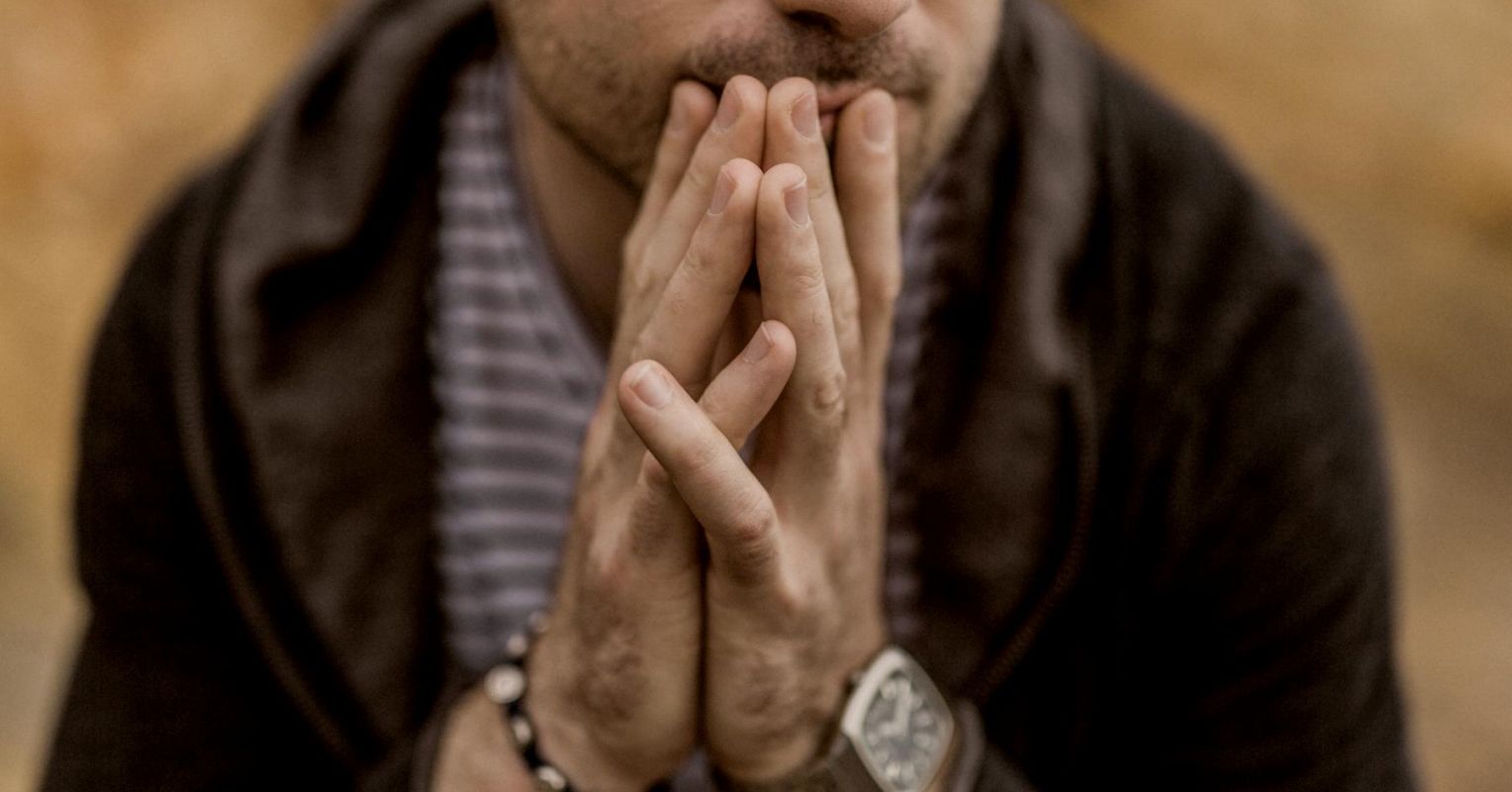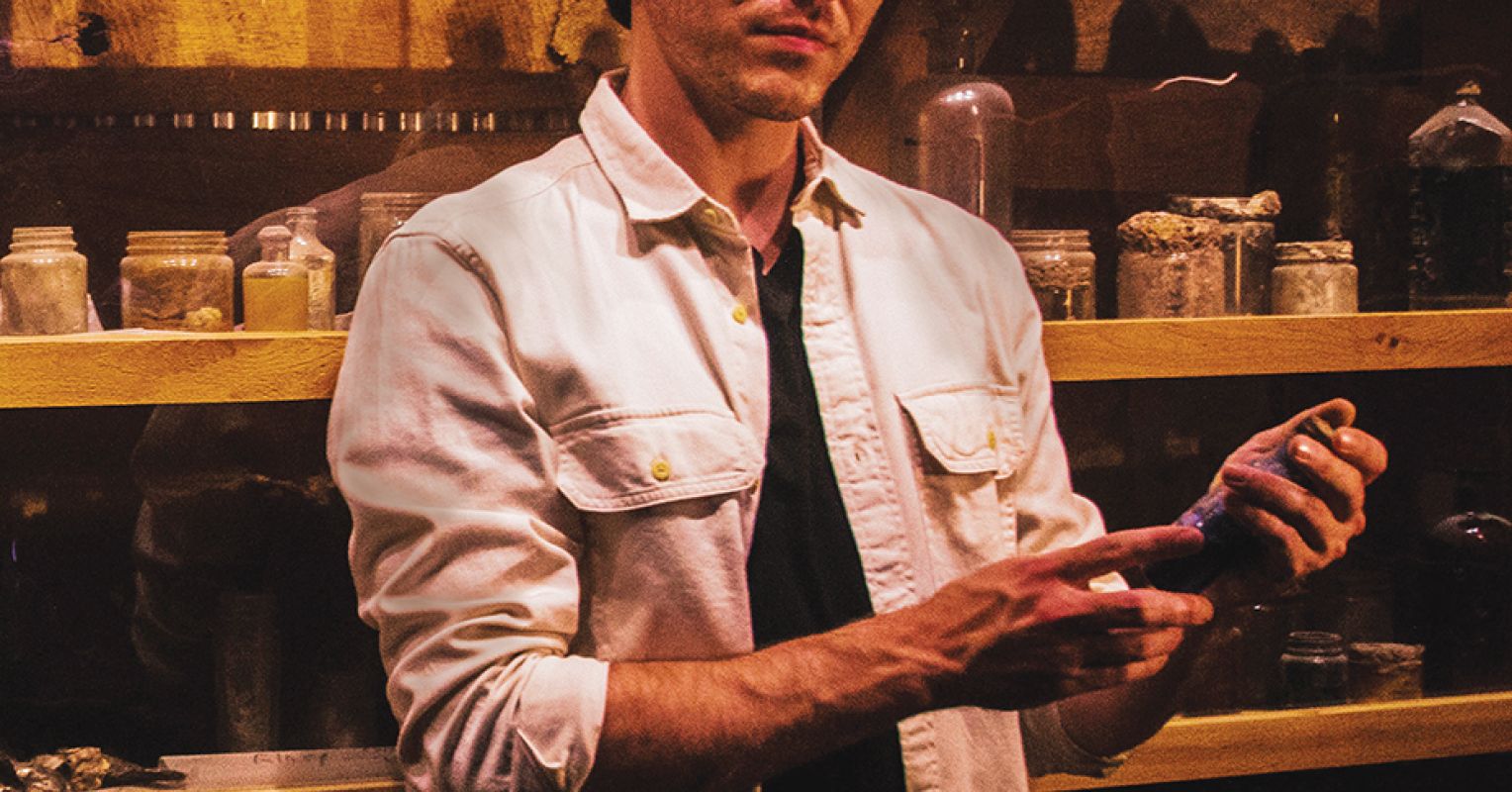#evolutionary-psychology
#evolutionary-psychology
[ follow ]
#human-behavior #mental-health #relationship-dynamics #negativity-bias #cognitive-bias #neuroscience
fromPsychology Today
6 days agoThe Mind's Search for Meaning
Have you ever experienced an encounter with an image in the sky or thought that the lyrics to your favourite song related to your personal life? These are examples of having moments that are either unsettling, poetic, or just plain strange. Such experiences are known as apophenia, expressions of our innate tendency to find patterns and attribute meaning to things that are random.
Psychology
fromPsychology Today
1 week agoWhy Your Eyes Like What Your Eyes Like
Real estate with ocean views, stunning mountain vistas, and wide-open green spaces sell at premium prices because humans find those settings pleasing [1-5]. Certain color combinations in fashion-such as brown and forest green-blend harmoniously, while others, such as hot pink and orange, clash. And our eyes like certain proportions in visual objects (like buildings and human faces) but not others.
Science
Silicon Valley
fromSilicon Canals
1 week agoPsychology says people who always volunteer to go last display these 6 traits that started as survival mechanisms - Silicon Canals
People who volunteer to go last often observe first, gathering social information and using heightened sensitivity as adaptive, evolutionarily rooted strategies.
fromSilicon Canals
1 week agoPsychologists explain why you always think of the perfect response too late - Silicon Canals
You know that moment when you're walking away from a conversation, and suddenly the perfect comeback hits you? Or when you're lying in bed at night, replaying an argument from earlier, and you finally think of exactly what you should have said? The French have a beautiful term for this: "l'esprit de l'escalier" - literally "staircase wit" - that brilliant response that comes to you as you're walking down the stairs, leaving the party.
Psychology
fromPsychology Today
2 weeks agoThe Cause Illusion
Ever since our ancestors first stood upright and squinted at the horizon, we've been wired to notice patterns. A rustle in the grass might have meant a stalking predator. Dark clouds often meant rain. Those who made these connections and guessed that one thing caused another tended to survive. Over time, this ability to link events became one of our most significant evolutionary advantages. It's how we built tools, tamed fire, and eventually invented Wi-Fi.
Psychology
fromPsychology Today
3 weeks ago3 Evidence-Based Ways to Rebuild Your Self-Esteem
Instead, it evolved as something closer to a social instrument panel that offers a constant readout of where we stand with others and whether our place in the group feels secure. One influential account, sociometer theory (e.g. Leary et al., 1995), argues that self-esteem tracks perceived acceptance and rejection, quietly nudging us to protect our belonging. From an evolutionary standpoint, that makes sense given how for most of human history, being excluded was an existential threat.
Psychology
fromPsychology Today
3 weeks agoWhat Mickey Mouse Reveals About Being Human
Mickey Mouse is more than a simple animated character. He represents a particular emotion that most people experience before they have a chance to process what they've seen. From Mickey Mouse's two black dots for his ears, his round-shaped head, his big doe-like eyes, and his expressionless smile, it is clear that one can understand Mickey Mouse without being told anything about him.
Psychology
fromPsychology Today
2 months agoThe Dangerous Anonymity of ICE
The "Big Beautiful Bill" allocated $170 billion to support ICE (Immigration and Customs Enforcement). This amount is unprecedented in U.S. history. And the presence of ICE agents in all corners of the United States has been a hotly controversial issue, to be understated. The news stories go on and on. The fact is that the current administration seems to be under the impression that a core problem in the United States today is found in the high number of undocumented immigrants living in the country.
US politics
fromPsychology Today
2 months agoWhy AI Will Never Be Your Leader
When Amazon employees discovered they were being penalized by an algorithm for "inactivity," and managers started letting ChatGPT write their performance reviews, something began to feel off. The numbers add up, the systems are efficient - but the relationship feels hollow. We're no longer being led by people; we're being managed by machines. And somewhere deep inside us, something resists that. Not out of nostalgia, but out of psychology.
Artificial intelligence
fromPsychology Today
2 months agoThe Anxious Generation in Evolutionary Perspective
A book, The Anxious Generation, argues that cellphone use is damaging young people's well-being. Evidence of various kinds shows that cellphone and social-media use often go hand-in-hand with anxiety. Restricting cellphones and social media in schools has quickly become a common practice. This restriction of cellphones in schools represents a huge win for the field of evolutionary psychology.
Education
fromPsychology Today
3 months agoWhy We Talk: Most Speech Influences Rather Than Informs
Very little of what we say to other people is designed to inform them about something. Instead, we speak to have an effect on them. For example, a suspect needs an alibi, and a witness tells the police they spent the entire evening together. The witness may not be providing factual information about the suspect's whereabouts. Instead, the statement communicates that the witness thinks the suspect is innocent. Conversely, if they did spend the evening together but the witness thinks the suspect is guilty,
Psychology
fromPsychology Today
3 months agoJane Goodall and Our Understanding of Laughter's Origins
October 1, 2025, was a day of reflection and sorrow for many of us in the field of evolutionary psychology -even amateurs like me. It marked the end of an era, one defined by the life of Jane Goodall, a pioneer in the study of wild chimpanzees and, subsequently, their conservation. Anyone interested in the origins of human behavior has at least read of, if not frequently referenced, her observations in the forests of Tanzania.
Science
fromBig Think
3 months agoHow your cognitive biases lead to terrible investing behaviors
I think a lot of people don't realize that investing is a problem that's been solved. We know what the average returns are for equity, for fixed income. We know what inflation looks like over the long haul. We know what the economy broadly does, what the range looks like. The variable, the wild card, that we haven't yet solved for is our own behavior.
Psychology
fromPsychology Today
3 months agoEmotions Are Signals, Not Problems
Emotions evolved through natural selection as a way to get humans to avoid things that would threaten their survival and approach things that would serve them. Fear prompts us to defend ourselves. Love motivates us to connect, nurture, and cooperate. Anger arises when something threatens our values or boundaries. In essence, emotions condense our judgment about what's happening around us, driving us to make the "right" decision for survival and adaptation.
Mindfulness
fromPsychology Today
4 months agoRacism Is Not Innate
Sadly, there are signs that racism is increasing across the world. Research from Europe and Australia in recent years has found a rise in the number of people experiencing racism. Reports from the U.S. and U.K. have indicated that most ethnic minority participants felt racism was getting worse. And a global study has found rising incidents of discrimination. Animosity toward those who appear different to us seems easy to arouse, especially in times of hardship and upheaval.
Social justice
fromPsychology Today
4 months agoWhat Is It About Purple?
Part of the answer comes from optics. Violet light has the shortest wavelength on the spectrum of visible light, right next to the unseen ultraviolet, which only our skin detects. With its short wavelength and high frequency, the color purple contains the highest energy of all visible light. Figuratively, we can think of purple as the border between the visible and the invisible.
Mental health
fromMail Online
4 months agoThe four signs that prove someone is trying to steal your partner
According to psychologists, it's a phenomenon called 'mate choice copying' and it's something that's developed throughout human evolution, meaning people don't just randomly choose to break up happy couples. Multiple studies have observed how people and animals, such as fish, birds, and primates, seem more desirable to others when they've already been chosen by a mate. Women were more likely to experience mate choice copying because of the evolutionary pressures of mate selection and the drive to have children.
Relationships
fromPsychology Today
4 months agoDo Women and Men Experience Mindfulness Differently?
This perplexed my colleague but made eminent sense to me. In evolutionary terms, think of our ancestral hunter-gatherers. Males hunting that woolly mammoth had to have incredible, one-pointed mindful awareness, no distractions. Otherwise, they'd more likely be dinner than kill dinner. These males, excellent at combat, hunting, and present-moment awareness, were more likely to survive and procreate (à la Darwin), leading to more men proficient at mindful, present-moment awareness.
Mindfulness
fromPsychology Today
4 months agoA Brief History of Authenticity: Philosophical Foundations
Why do we care about who we are? After all, as I argue in my latest book, there's not much we can do about it. No matter how much we try to modify our behaviors and habits, and whether we succeed, we will still inevitably end up being us, even if that comes with the capacity to feel that we are not being ourselves, that we are changing, or becoming a better version of ourselves.
Philosophy
fromwww.theguardian.com
4 months agoHow modern life makes us sick and what to do about it
The difficulties we encounter are frequently the result of self-sabotage, and managing them often requires wrestling with our own drives, doing our best not to give in to every impulse. This is easier said than done, of course. To lose weight and keep it off, to successfully climb out of debt, to find meaningful work, to maintain long-term, happy relationships: all demand postponing our immediate desires in the service of a longer-term goal.
Psychology
fromPsychology Today
6 months agoRebuilding the Trust We've Lost in a Fractured Society
Trust isn't just good manners or playing nice. It's something we live on, whether we realize it or not. We use it every time we open up to someone, every time we take a chance that they'll show up, follow through, or just treat us right.
Relationships
#depression
Mental health
fromPsychology Today
8 months agoHow Social Evolution Explains Clinical Depression
Social competition influences human emotional health, particularly in depression.
Depression signals submission in competitive social contexts.
Modern life intensifies social comparison leading to feelings of inadequacy.
Recognizing evolution's role helps mitigate depression's effects.
Parenting
fromPsychology Today
8 months agoBorderline Instincts: The Roots of Emotional Extremes
BPD traits may have evolved to provide advantages in unstable environments.
Emotional responses found in BPD could have historically contributed to survival.
Support for those with BPD requires compassion, education, and therapeutic approaches.
Parenting
fromPsychology Today
8 months agoWhen Siblings Collide
Sibling conflict is rooted in evolutionary competition for resources and identity.
Family dynamics and parenting styles significantly influence sibling relationships.
Conflict resolution strategies can enhance emotional intelligence and sibling connections.
Parenting
fromPsychology Today
8 months agoWhy You Always Say Yes
People-pleasing is rooted in the fawn response to stress learned during childhood for safety.
Fawning helped our ancestors survive by maintaining group harmony, but may hinder personal boundaries today.
Recognizing fawning patterns is essential for improving self-worth and relationship dynamics.
[ Load more ]









